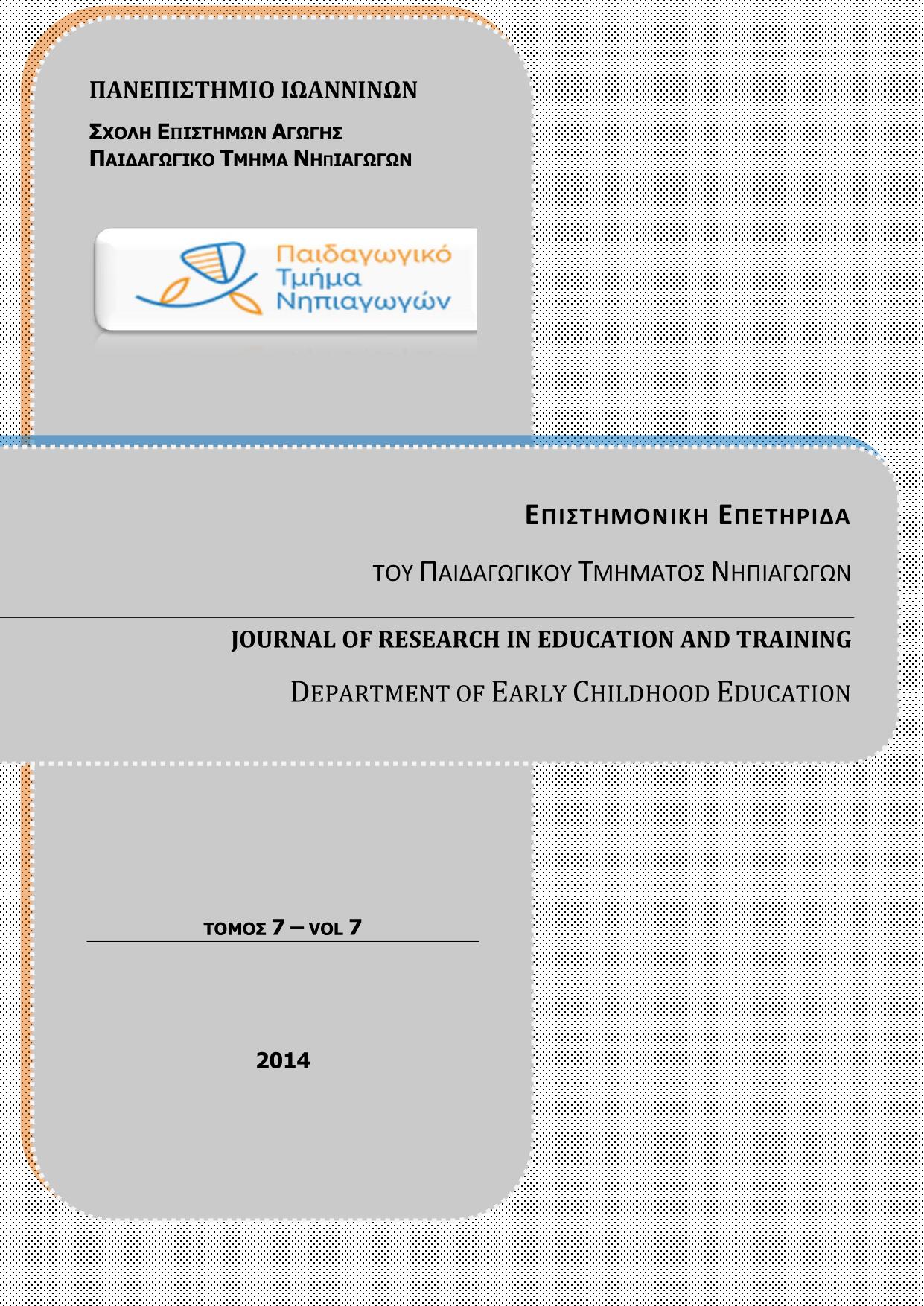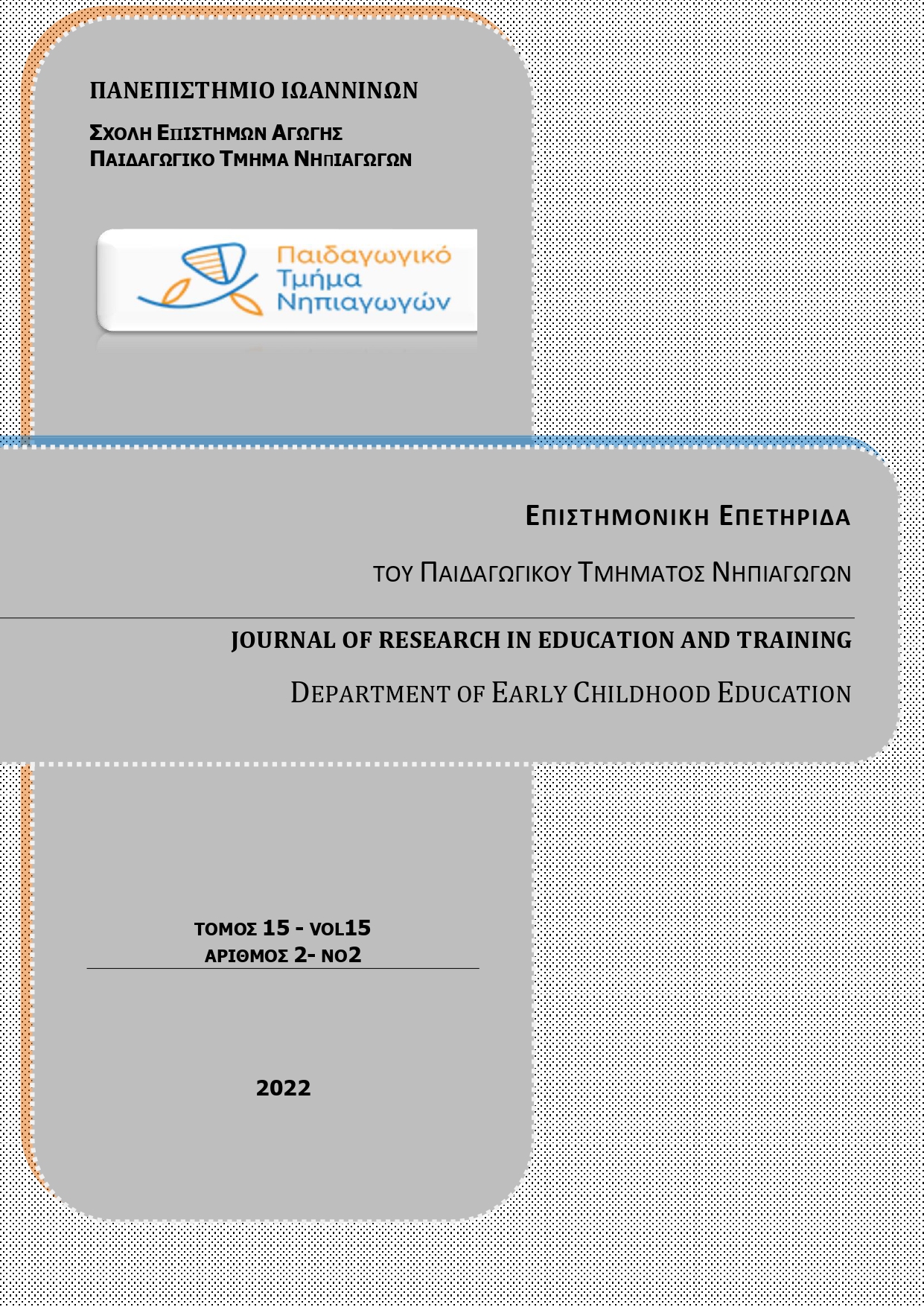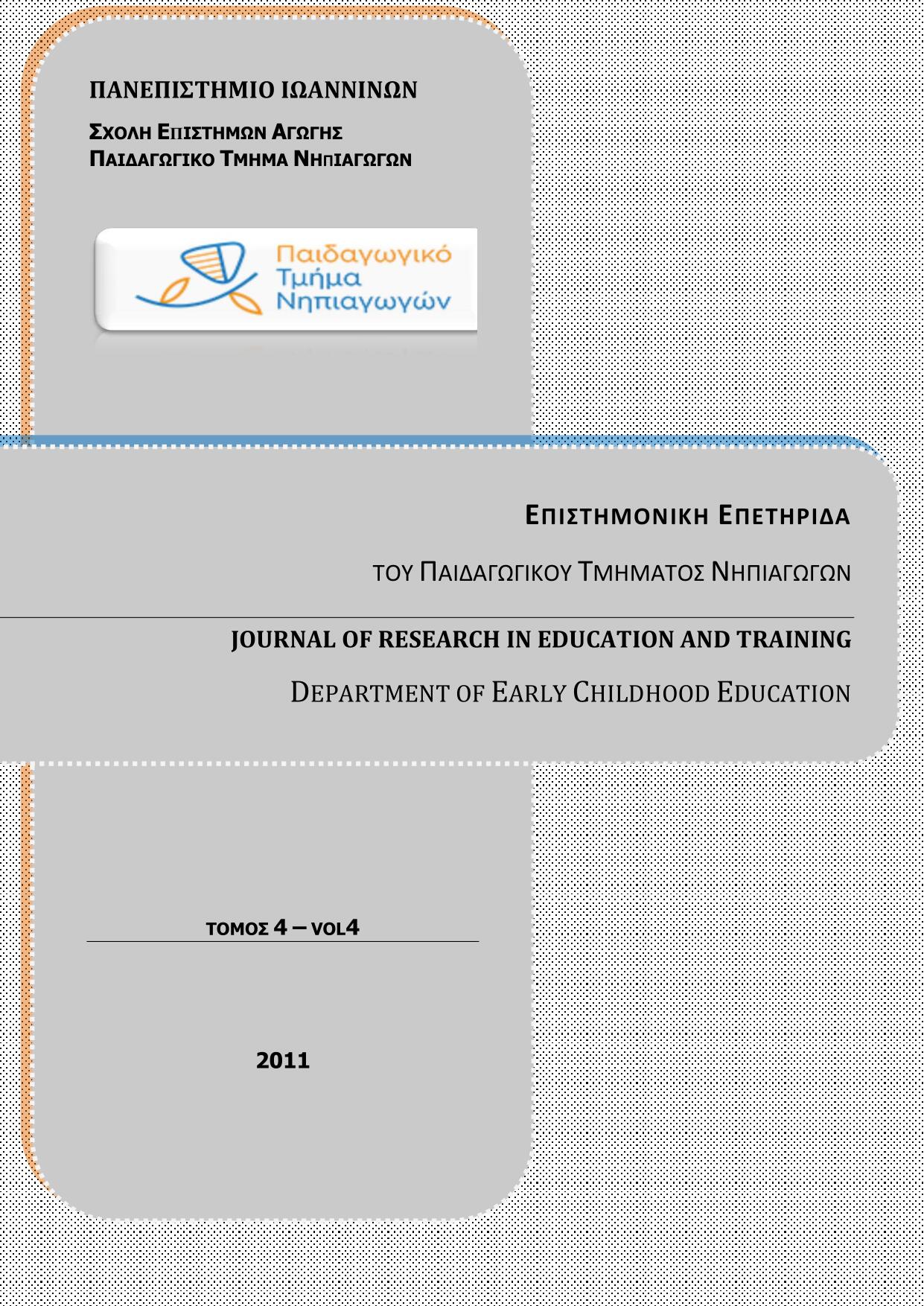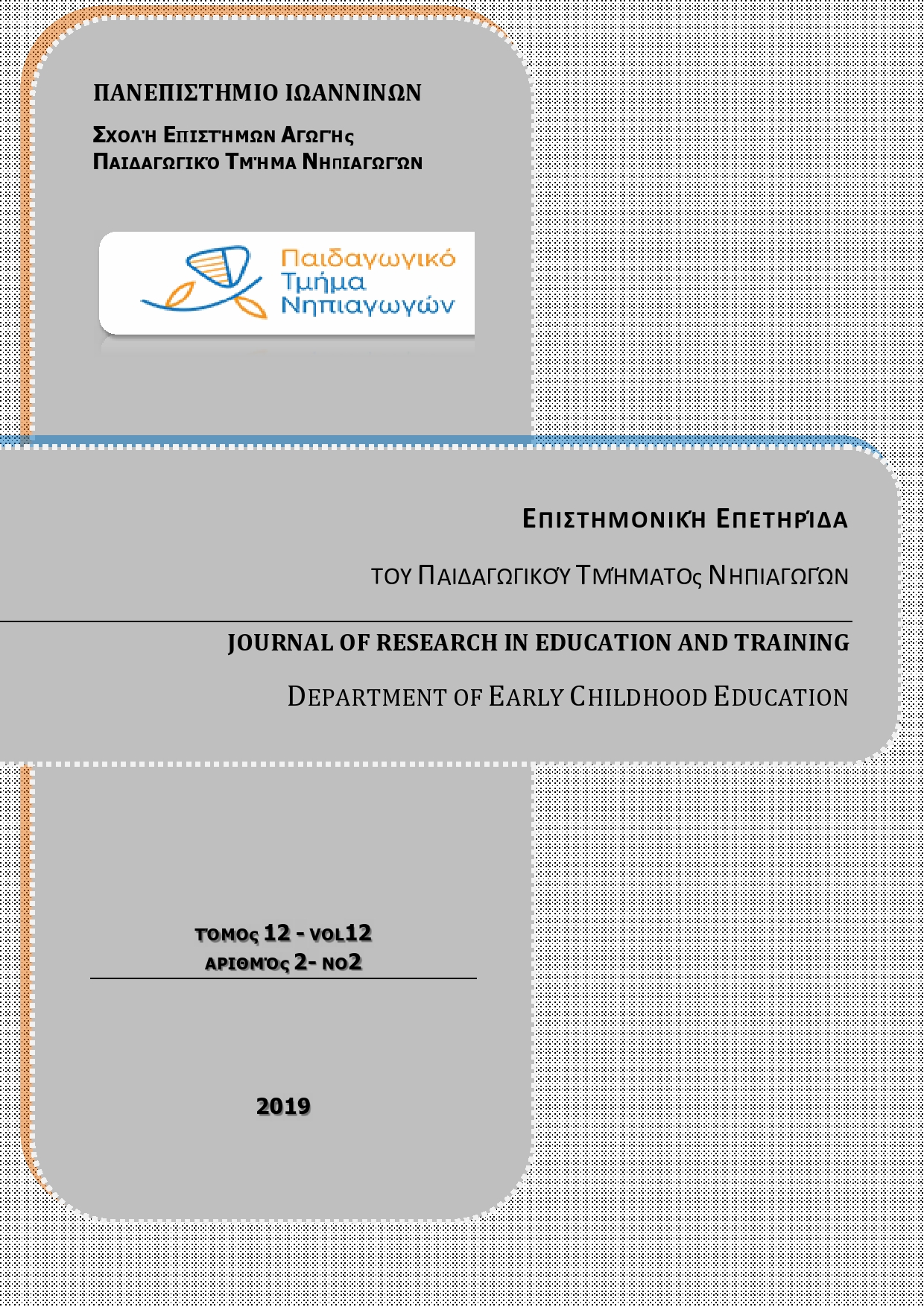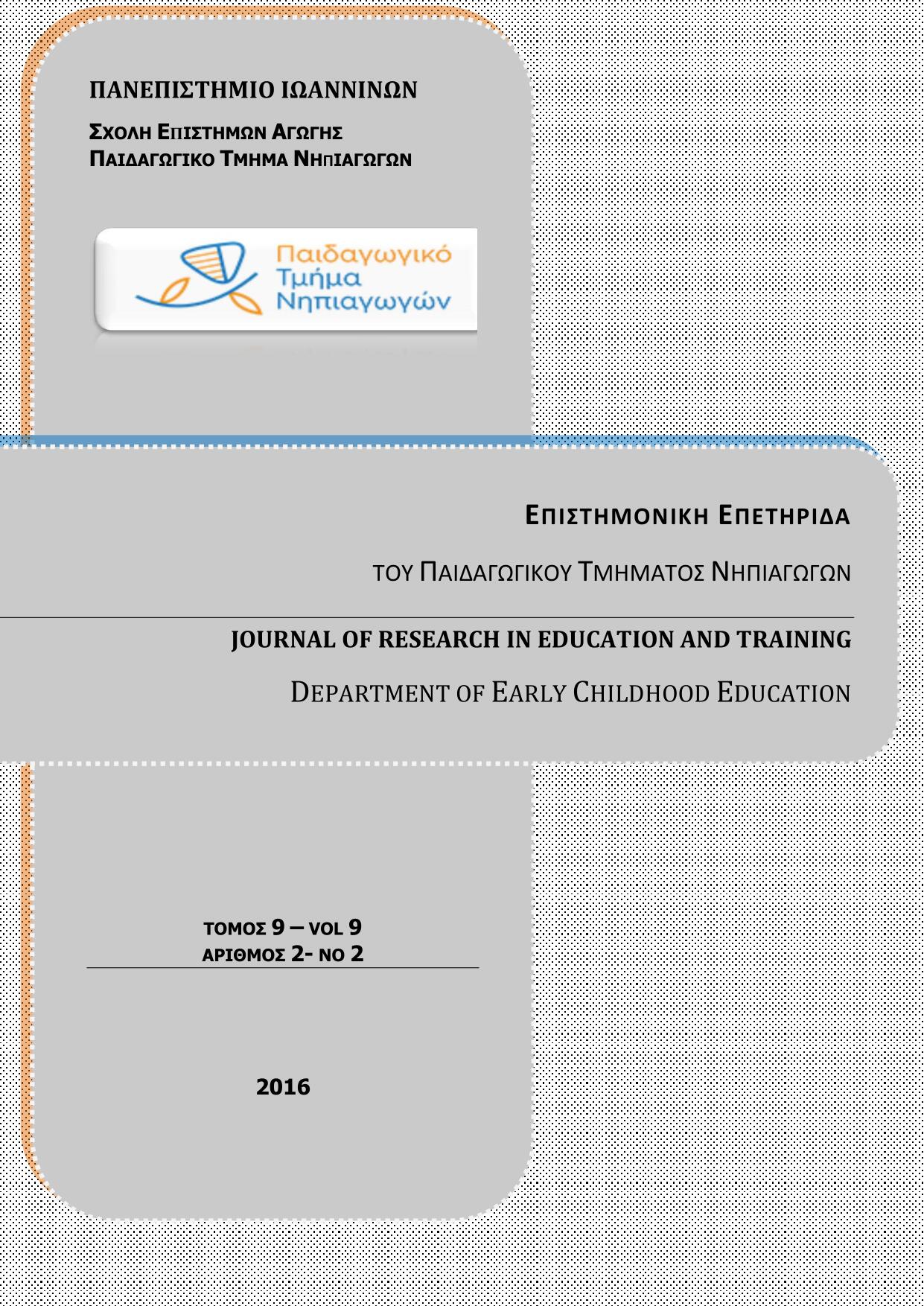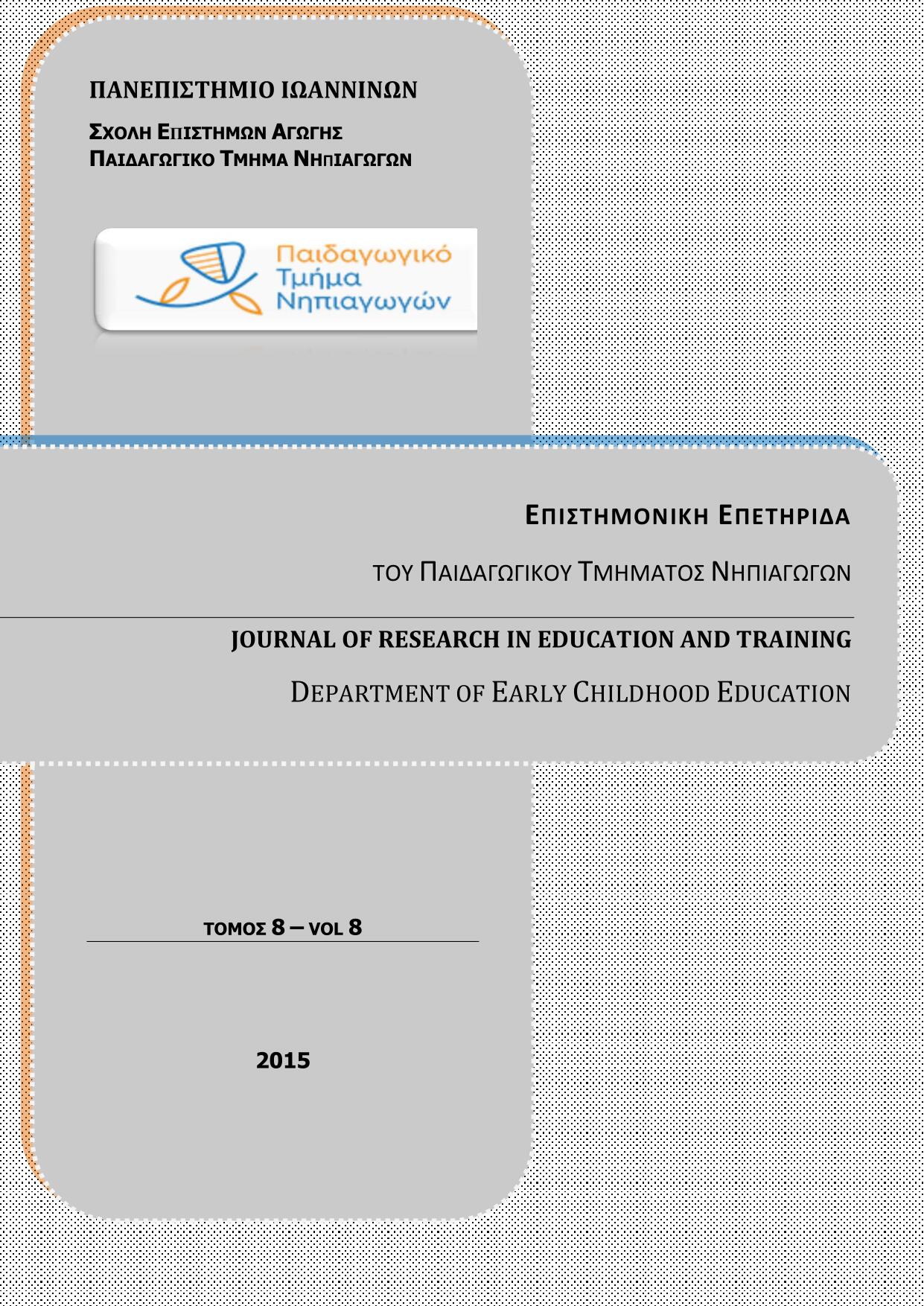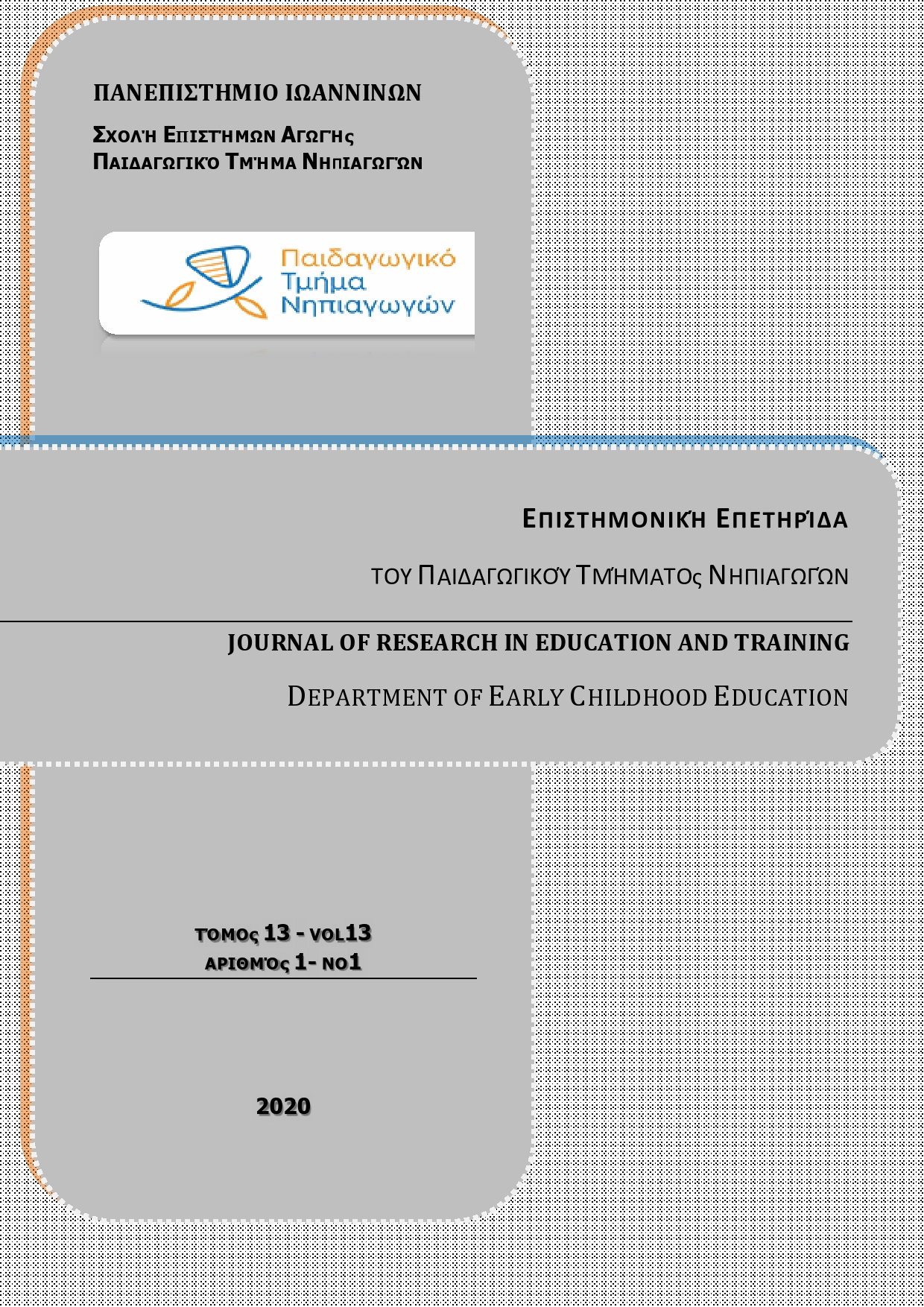The role of source memory and working memory of older adults in the accuracy of their eyewitness testimony
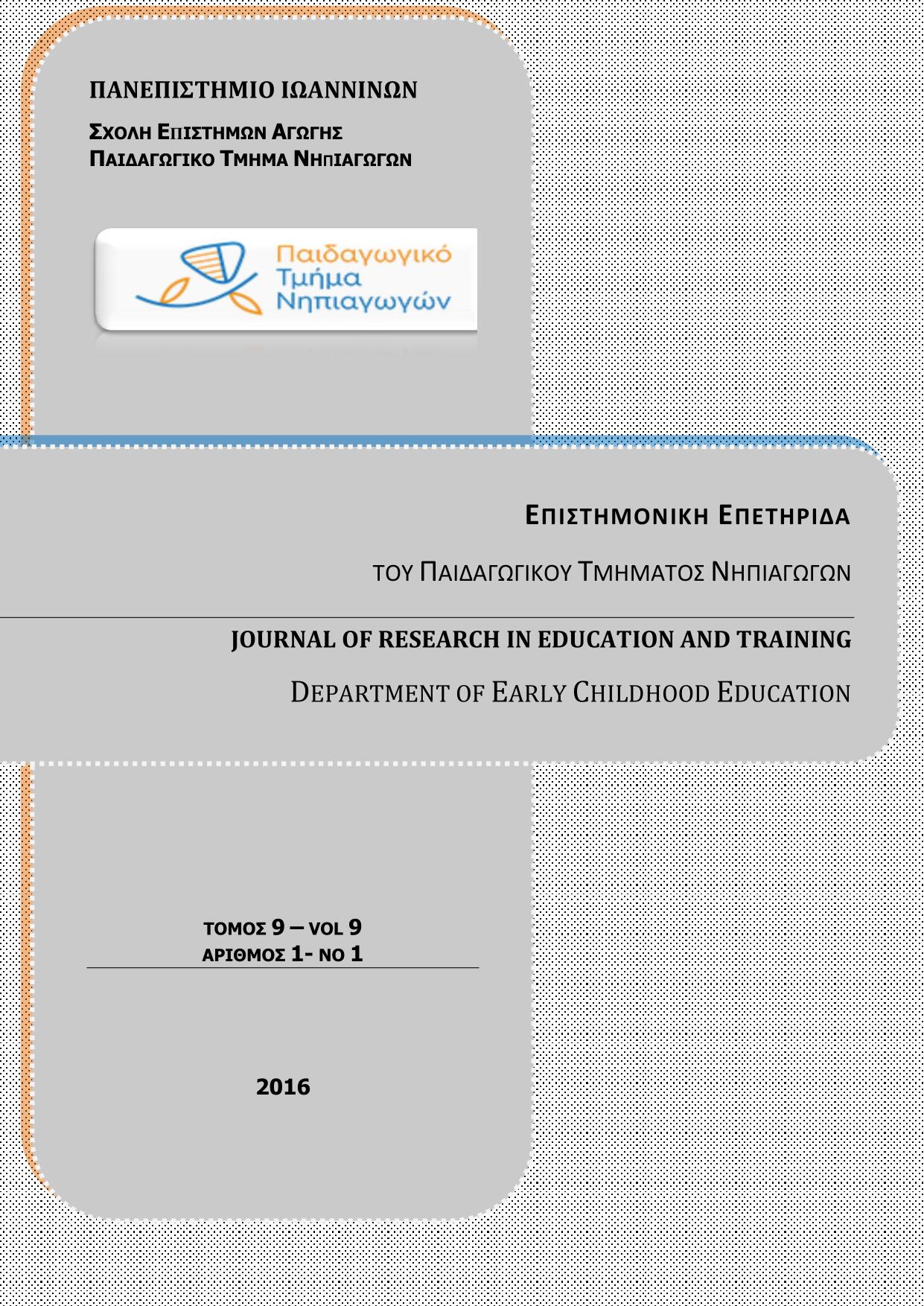
Abstract
The aim of the study was to examine the relationship between working memory and source memory of older adult eye witness and the accuracy of their testimony. The effects of age and other individual-demographic factors on eyewitness testimony were also investigated. Fifty participants allocated into two age-groups (25 old adults and 25 younger adults) were examined. Participants were administered a source memory task, a working memory task, and an eyewitness simulator task. Only working memory was associated directly and positively with the accuracy of eyewitness testimony, while age-group, physical exercise and educational level were found to affect eyewitness testimony indirectly, via working memory capacity. Older adults reported higher feeling of confidence for the accuracy of their testimony, compared to younger adults.
Article Details
- How to Cite
-
Χατζημηνά Ε., Μωραΐτου Δ., Παπαντωνίου Γ., & Μασούρα Ε. (2016). The role of source memory and working memory of older adults in the accuracy of their eyewitness testimony. Journal of Research in Education and Training, 9(1), 1–39. https://doi.org/10.12681/jret.10246
- Issue
- Vol. 9 No. 1 (2016)
- Section
- Articles

This work is licensed under a Creative Commons Attribution-NonCommercial-ShareAlike 4.0 International License.
Authors who publish with this journal agree to the following terms:
- Authors retain copyright and grant the journal right of first publication with the work simultaneously licensed under a Creative Commons Attribution Non-Commercial License that allows others to share the work with an acknowledgement of the work's authorship and initial publication in this journal.
- Authors are able to enter into separate, additional contractual arrangements for the non-exclusive distribution of the journal's published version of the work (e.g. post it to an institutional repository or publish it in a book), with an acknowledgement of its initial publication in this journal.
- Authors are permitted and encouraged to post their work online (preferably in institutional repositories or on their website) prior to and during the submission process, as it can lead to productive exchanges, as well as earlier and greater citation of published work (See The Effect of Open Access).



